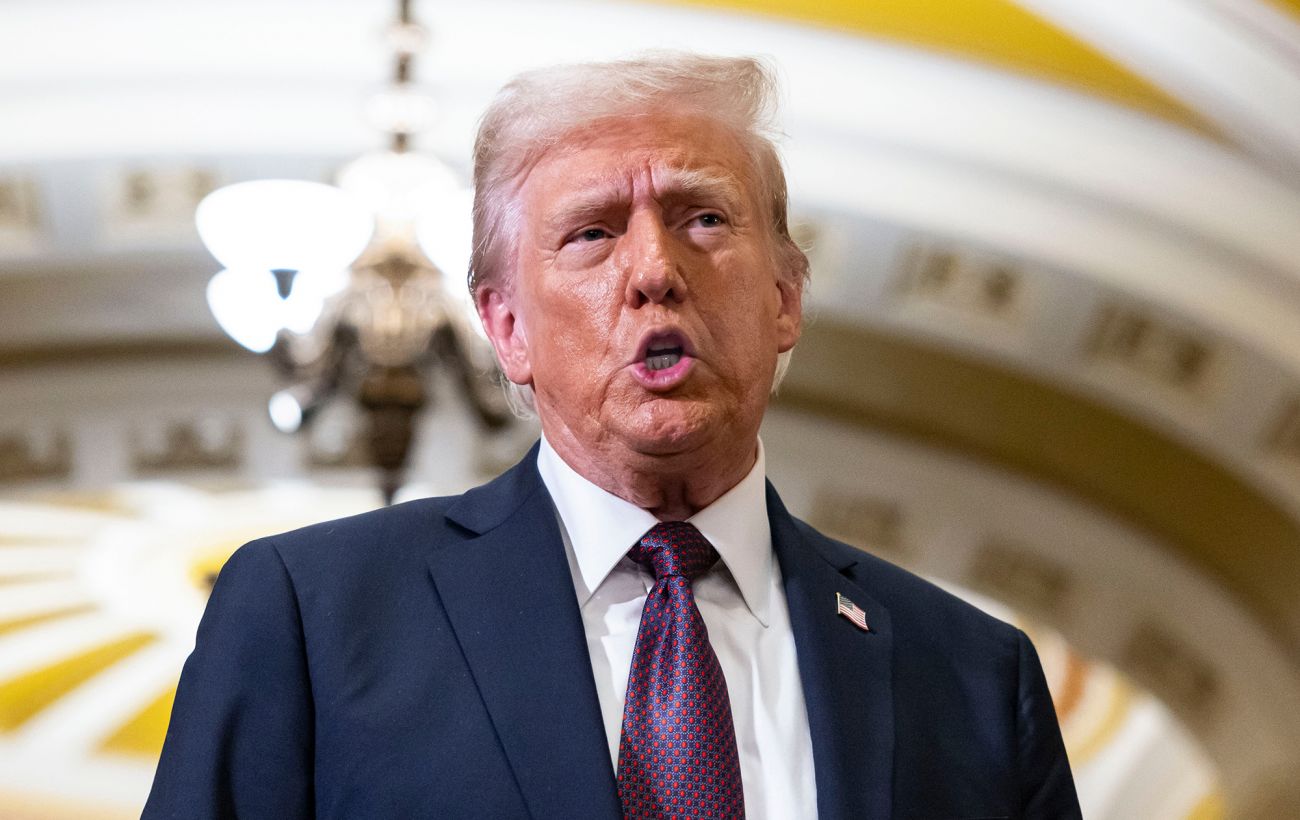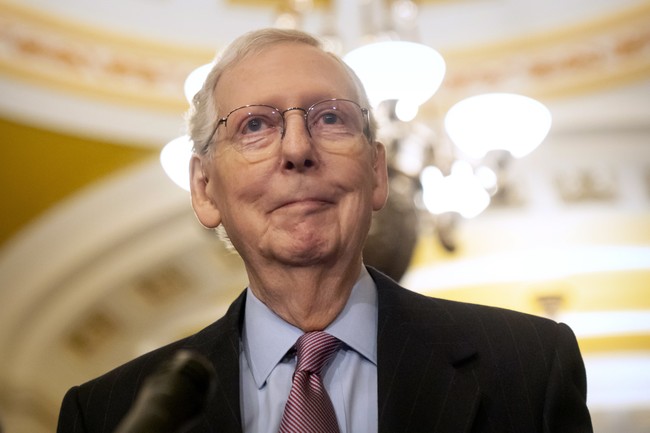Trump's Sharp Criticism of Zelensky Shakes Tensions
In a provocative series of statements, Former President Donald Trump targets Ukrainian leader Volodymyr Zelensky, questioning the U.S.'s role in a costly war, sparking intense debate.
Published February 21, 2025 - 00:02am

Image recovered from rbc.ua
Former U.S. President Donald Trump recently unleashed a barrage of criticism against Ukrainian President Volodymyr Zelensky through his social media platform, Truth Social. Trump's remarks not only sought to undermine Zelensky's leadership but also questioned the substantial financial commitments made by the United States towards Ukraine amidst escalating conflict. In a series of posts, Trump described Zelensky as a 'moderately successful comedian' who somehow convinced the U.S. to spend a staggering $350 billion on a war deemed unwinnable and unnecessary.
Trump's comments have reignited discussions concerning U.S. foreign policy decisions, notably drawing attention to the alleged disparity between the funds allocated by the United States and those safeguarded by Europe. Trump contends that while Europe has secured guarantees for their financial support, the U.S. stands to gain nothing in return, emphasizing that this war poses greater significance for Europe owing to geographical proximities, separated by an ocean from the U.S.
In a particularly stinging critique, Trump accused Zelensky of misappropriating American aid, claiming that half of the financial assistance provided had 'gone missing.' This accusation, coupled with the former President's assertions about the importance of conducting elections in Ukraine, has fueled a broader discourse around governance and transparency within war-time administrations. Zelensky's leadership ratings in Ukraine reportedly remain low, with Trump attributing his only success to 'playing Biden like a violin.'
Trump's pursuit of a diplomatic resolution with Russia marks a stark contrast to his view of the current U.S administration, which he claims has failed to attempt or achieve peace in Ukraine. His belief that negotiations are actively progressing under his influence, despite current leadership dismissing such efforts, further strains the narrative between current and former U.S. administrations' approaches to the conflict.
The implications of Trump's rhetoric extend beyond Zelensky, pointing to broader criticisms of President Biden's handling of foreign affairs and suggesting perceived inadequacies in Europe's unified response to the unfolding crisis. Biden's alleged absence from peace dialogues and Europe's failure to secure a path to peace are central to Trump's critique, branding the situation as a diplomatic shortfall.
Trump's remarks serve not only as a reflection of his contentious views but also highlight a schism in foreign policy discourse, questioning the effectiveness and strategic merit of sustained U.S. involvement. His comments beckon a reevaluation of international support dynamics and encourage a renewed scrutiny of accountability mechanisms in fund allocations during conflict scenarios.
The crux of Trump's narrative elevates Zelensky's leadership decisions and U.S. engagement to contentious headlines, tapping into broader geopolitical tensions and domestic policy debates. While the veracity of Trump's claims remains contested, particularly with regard to financial misallocation and the impact of absent electoral processes, his narrative underscores the fraught intersection of politics, aid, and diplomacy against the backdrop of war.







